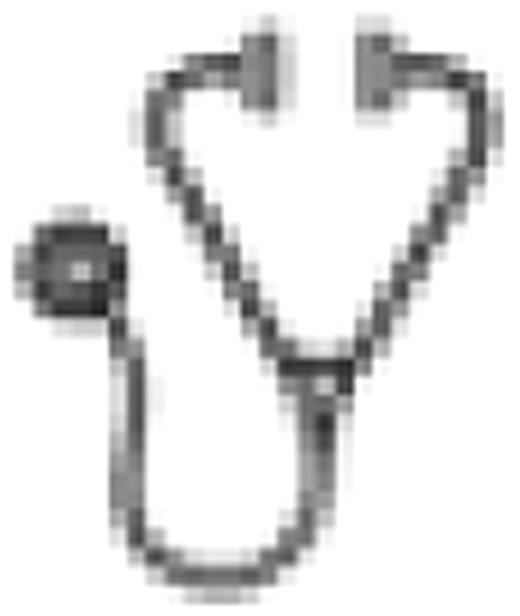Abstract
Abstract 394
The advent and approval of TKIs has dramatically improved the life expectancy of patients with CML. As treatment innovation has transformed CML into a chronically managed disease, we examined the impact of these changes on patients with CML in order to offer recommendations for healthcare providers (HCPs) to better support patients with CML.
50 patients with CML from Brazil, France, Germany, Russia and Spain were included in this ethnographic investigation including: patients within 18 months of diagnosis and on frontline imatinib therapy (n = 20), patients with ongoing frontline treatment (> 18 months to 7 years, n = 20), and patients who were switched to second- or third-line TKI therapies (n = 10). Patients in all 5 countries participated in a 2.5-hour in-home interview, and patients in Brazil and France completed 7-day photo journals and an optional telephone debrief interview. Patients were asked to discuss and write about their perceptions and experiences regarding such issues as adherence, disease knowledge, disease management, and their relationship with HCPs.
This global ethnographic investigation generated a 5-stage, patient-centered model emphasizing emotions and experiences throughout the diagnosis, treatment and management of their disease: crisis, hope, adaption, normalcy, and uncertainty. Depending upon their circumstances, these experiential stages were found to be abbreviated or prolonged and influenced by patients having differentiating levels of knowledge about their disease, comfort levels with the treatment and/or their HCPs, as well as different degrees of optimism about their treatment and long-term prognosis. In addition, the study results showed that patients cycle through the various stages of the model throughout the course of their disease. The crisis phase occurred at diagnosis and tended to resolve upon HCP reassurance of the availability of successful treatments. Hope followed crisis when patients were educated about their disease and its treatments and responded to initial therapy. Adaption involved patients adjusting to any physical changes wrought by the disease, treatments, and associated adverse events. As well, they began to psychologically come to terms with the long-term nature of their disease and develop their drug-taking routines and compliance pattern. As patients attained stability in their disease and adapted to changes, a ‘new’ normal returned and patients began to refocus their life away from the disease back to social, work, and family matters. The uncertainty stage was found to be associated with drug resistance, disease progression, newly occurring adverse events, or due to limitations around access to therapy because of public health regulations or personal financial issues. While uncertainty arose for multiple reasons and could occur at any time after patients had advanced through the 4 preceding phases, patients who went through stages of uncertainty most often cycled back to phases of adaption or normalcy once the issues were resolved.
Here, we have identified 5 common patient experience stages and we provide recommendations based on patient research for the management of CML. This investigation suggests that HCPs can help patients move through the early stages of crisis and hope by providing reassurance, along with information and resources regarding drug efficacy and product differentiation, while explaining the importance of speed and depth of responses. Once in the adaption/normalcy stages, HCPs should set expectations for the risk/benefits of long-term chronic drug therapy and long-term disease monitoring and continue to support patient compliance and adherence programs while helping patients achieve and maintain a normal lifestyle.
Guilhot:Novartis: Equity Ownership, Honoraria, Research Funding; Bristol-Myers Squibb: Consultancy, Honoraria, Research Funding. Coombs:Novartis: Employment, Equity Ownership. Szczudlo:Novartis: Employment, Equity Ownership. Zernovak:Novartis: Employment, Equity Ownership. Macdonald:Novartis: Consultancy. Shapiro:Novartis: Consultancy.

This icon denotes an abstract that is clinically relevant.
Author notes
Asterisk with author names denotes non-ASH members.

This feature is available to Subscribers Only
Sign In or Create an Account Close Modal